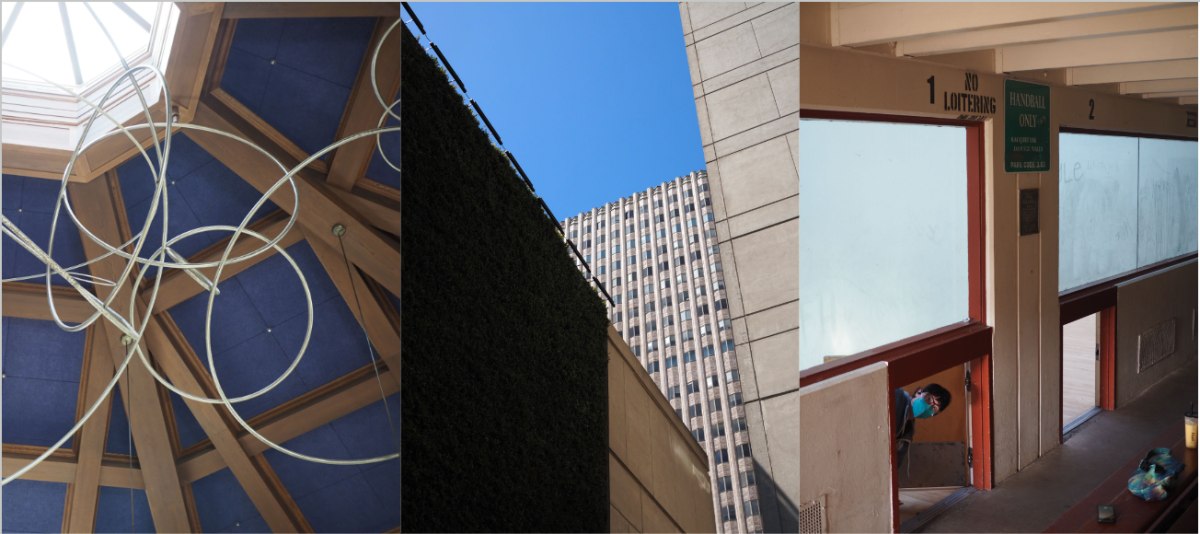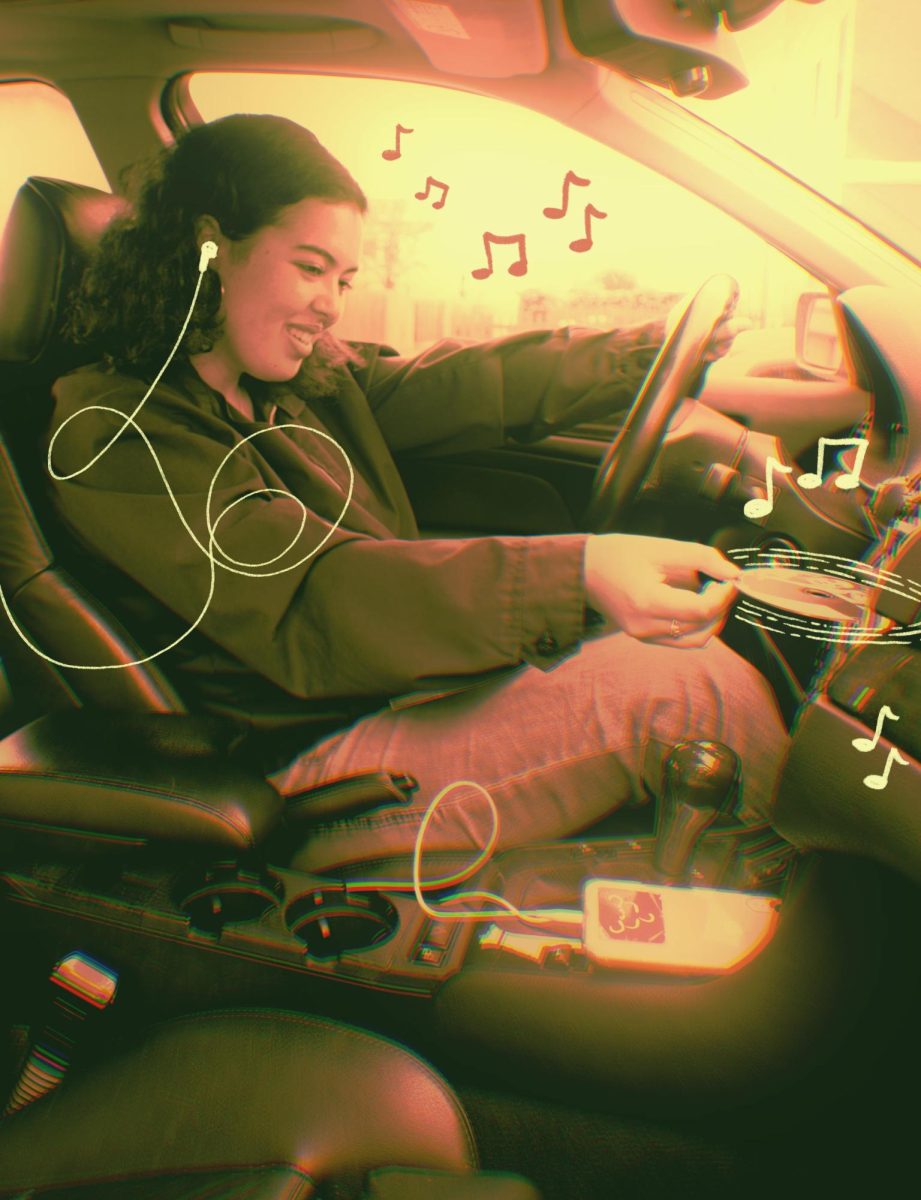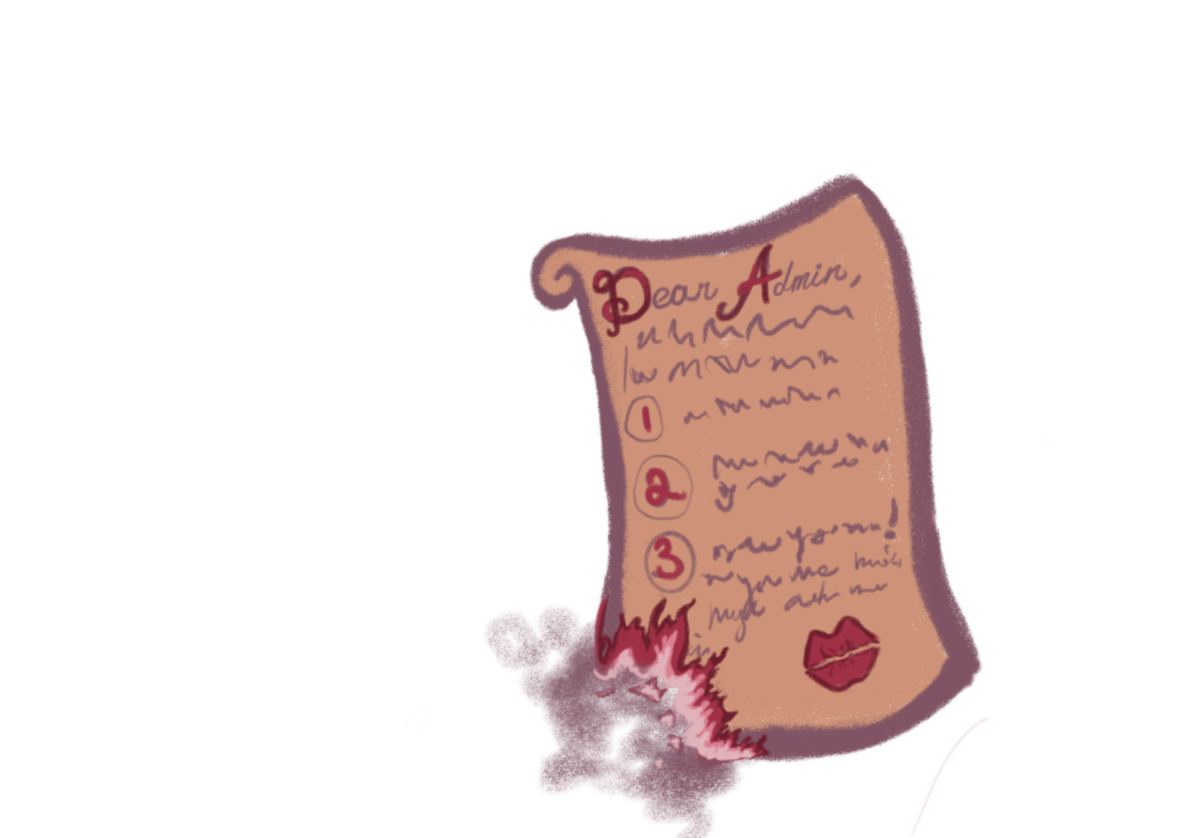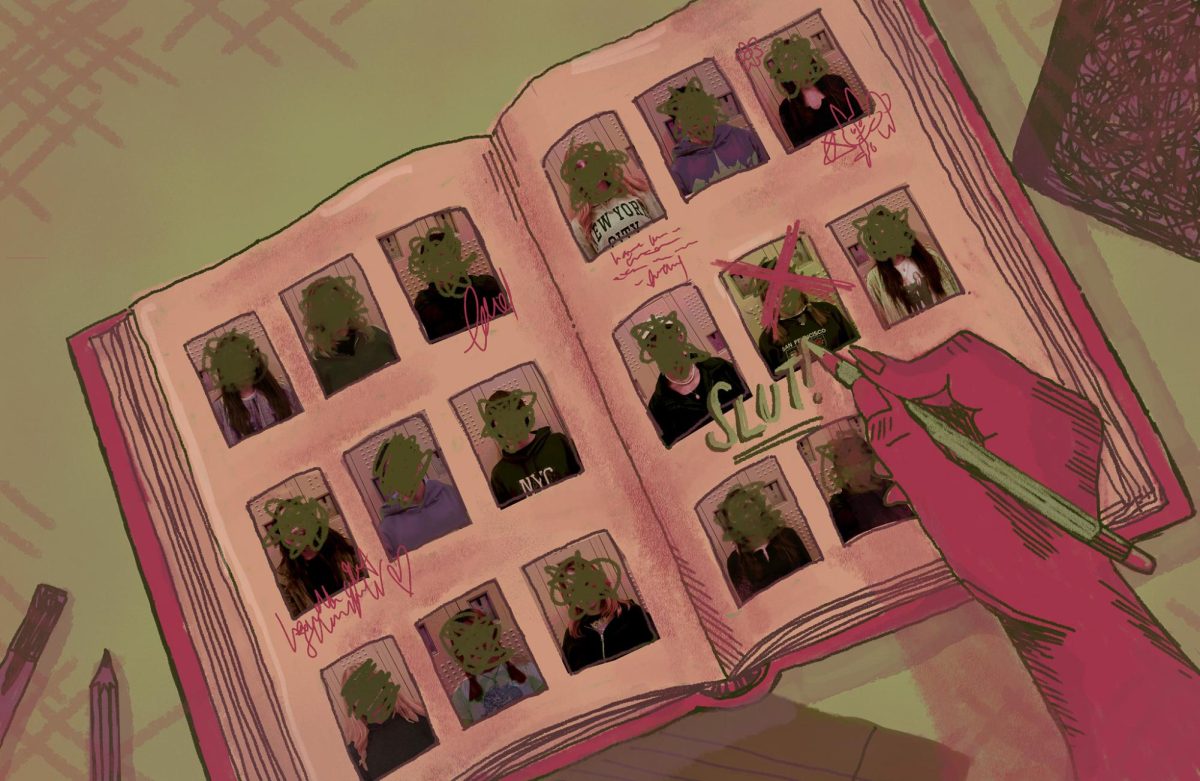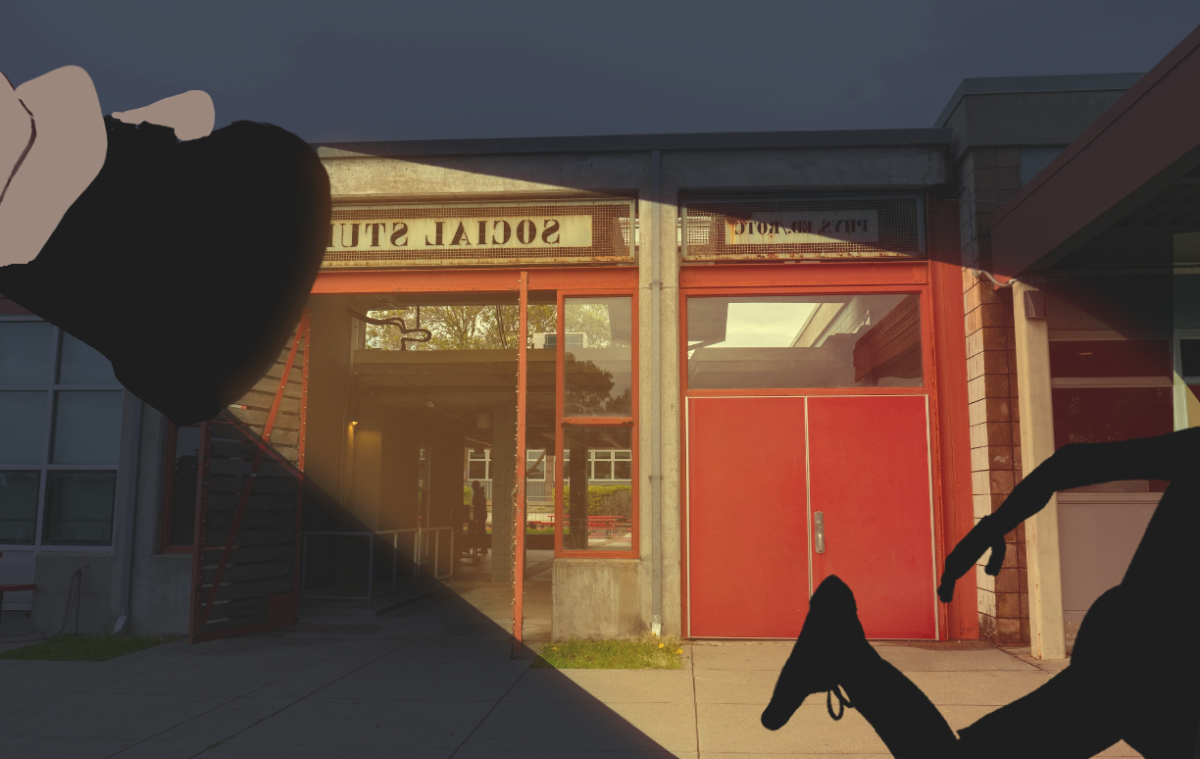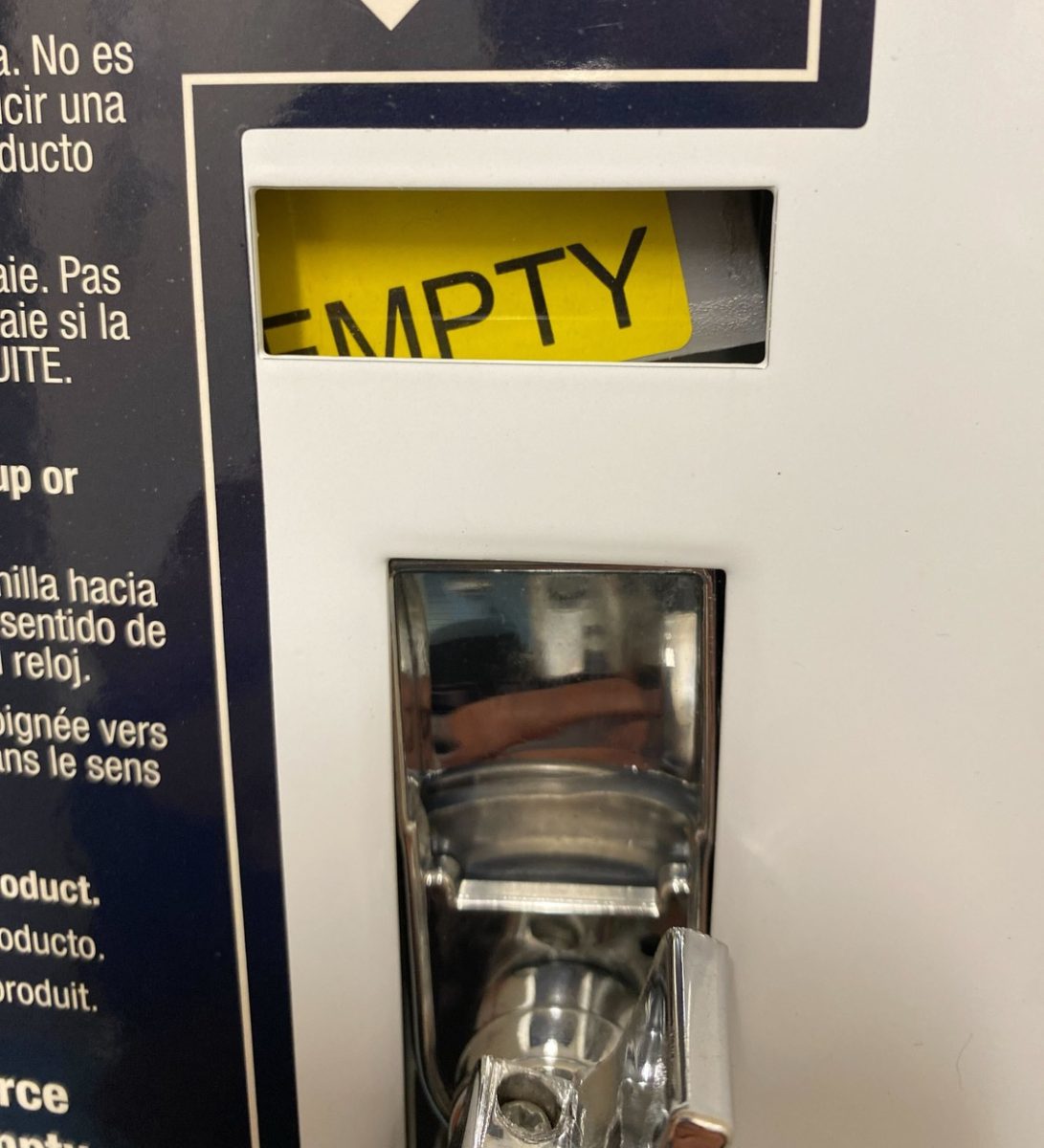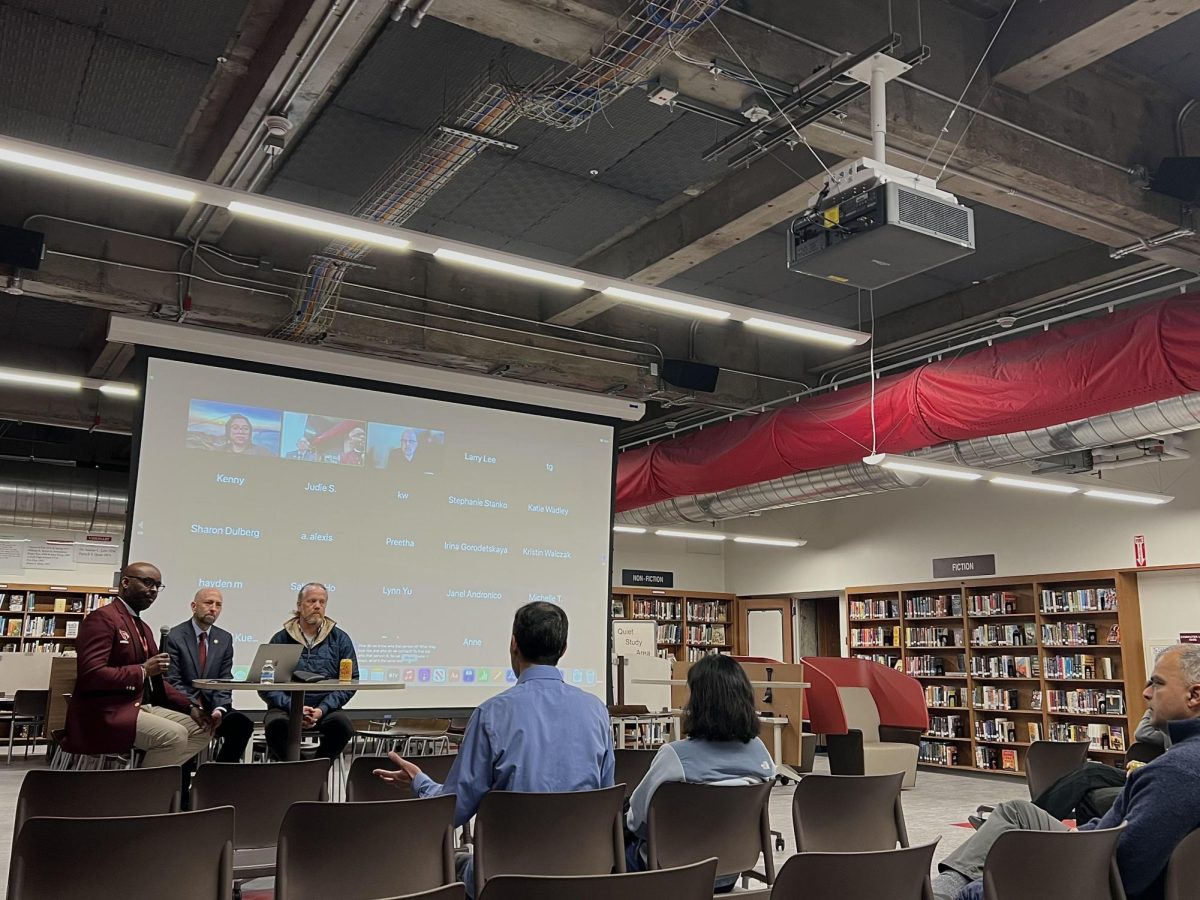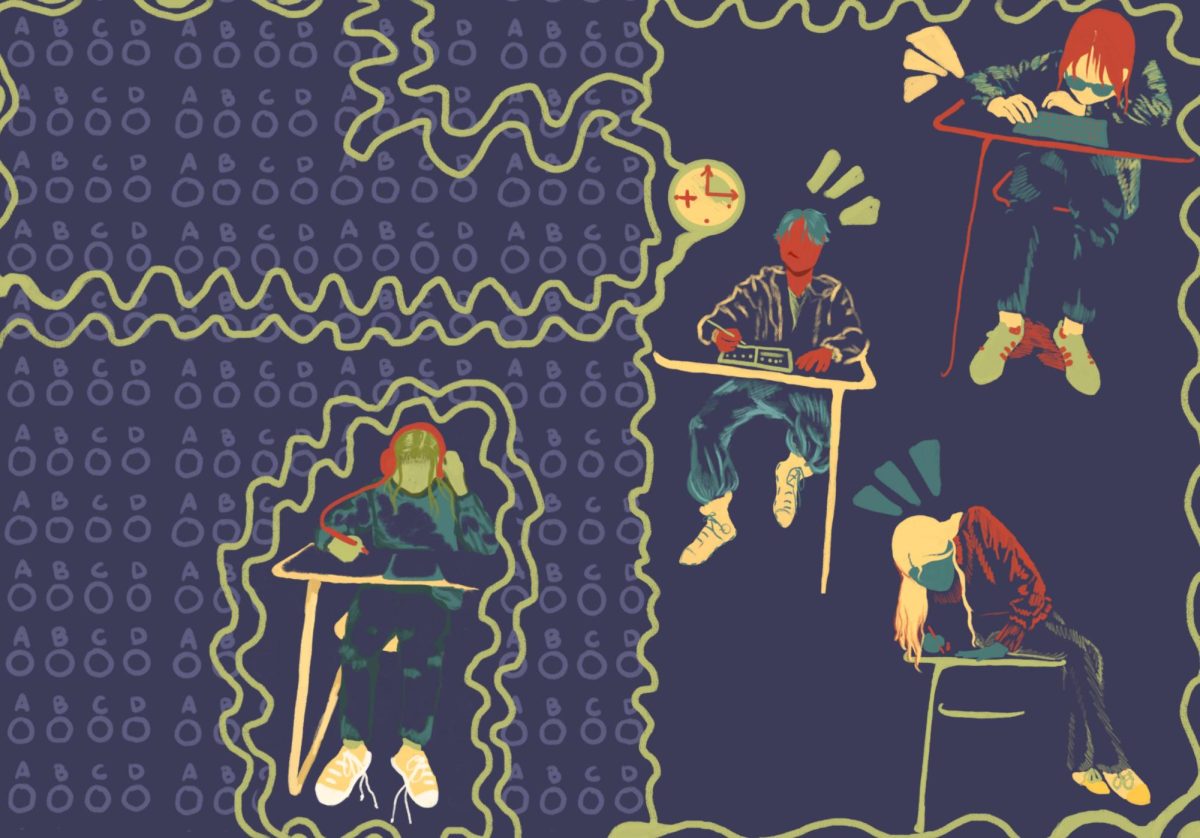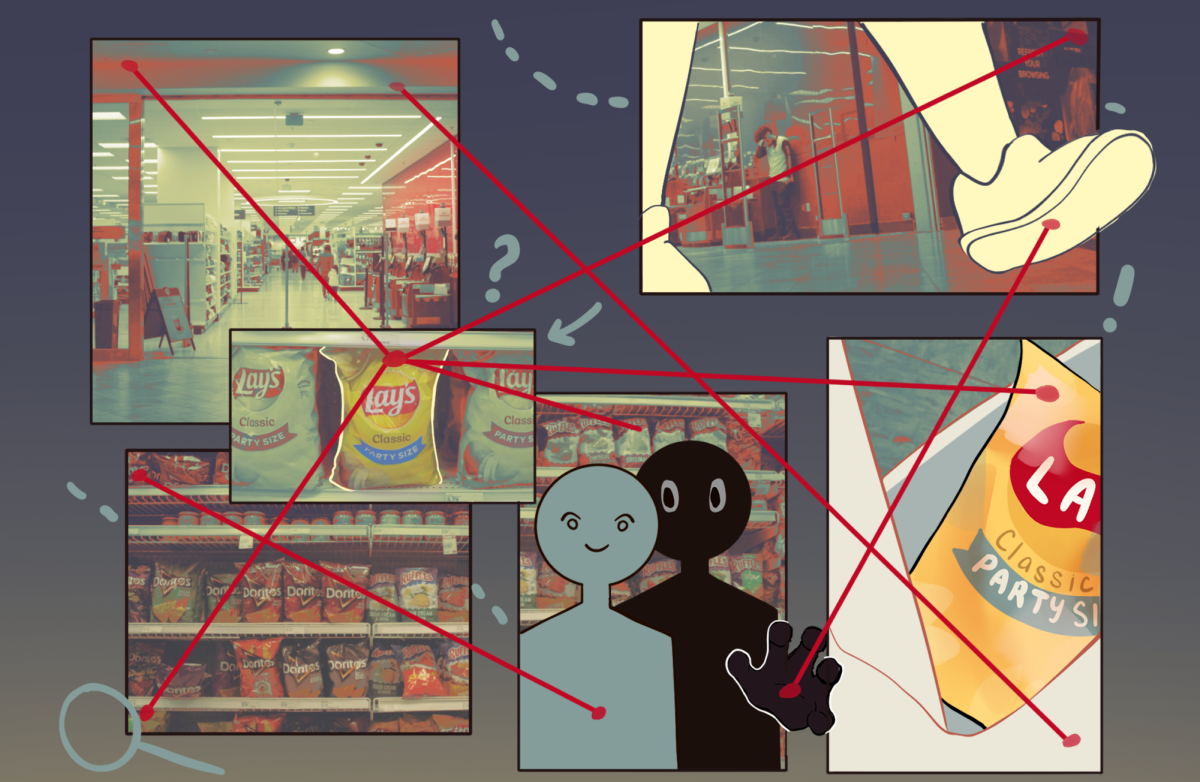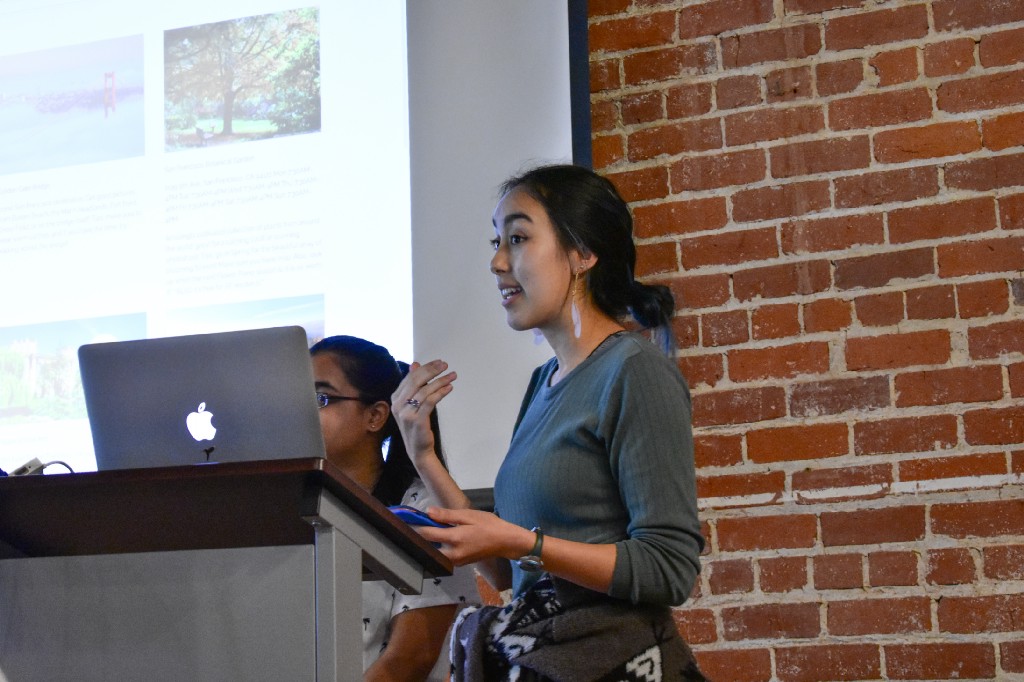
It’s 2 a.m. on a Sunday, and a room full of high school students are wide awake on their laptops with sleeping bags rolled out under their desks. These teenage coders have been programming since Saturday morning at Hack the Fog, San Francisco’s premier high school hackathon.
A combination of “hack,” used in the sense of exploratory programming, and “marathon,” the term “hackathon” typically describes a race-like event where groups of programmers assemble to solve problems or develop software. After gaining popularity in the early 2000s, hackathons have spread from being primarily corporate events to being held in less formal, high school environments.
From March 2–3, seven Lowell students hosted the first-ever high school hackathon in San Francisco in order to provide better access to tech opportunities for students in the city. This free event, presented at Horizon’s School of Technology in the Mission, entailed 24 hours of coding. Teens across the Bay Area formed teams to create projects from scratch.
The San Francisco hackathon was born out of convenience. The existing events were simply too far away from San Francisco, taking place in locations such as Fremont or Mountain View. This issue kept most members of Byte Lab, one of Lowell’s coding and tech clubs, from attending past hackathons. Seven club members, juniors Yev Barkalov, Connie Liu and Clarisse Aruino, sophomores Alexander Ruiz and Jonas Castillo, and freshmen Amy Chang and Rafael Cenzano, took on the responsibility of organizing a San Francisco hackathon.
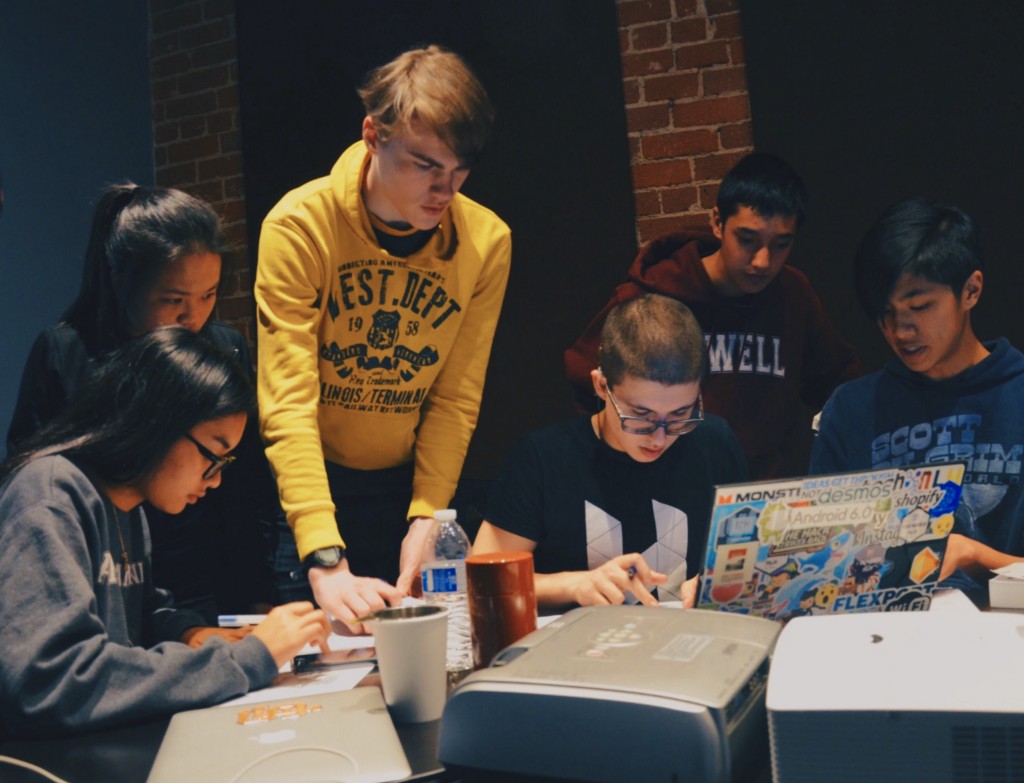
Most of the coordinators had no prior experiences with event organizing, so planning the hackathon proved to be a challenge. “For me, this experience was like being thrown into a pool because I really didn’t know what to expect but it was fun,” said Clarisse Aruino, the outreach director of the hackathon. Using time during club meetings, they worked as a committee to coordinate the entire project that would become Hack the Fog. After securing their venue — Horizon’s School of Technology — a month and a half before the hackathon, the student leaders were overwhelmed with duties such as confirming the prizes, judges and budget. In the end, they managed to secure sponsorships with 12 companies, including Google and Crimson Education.
The efforts of the coordinators to help local students experience a tech event came through when the venue’s doors opened to the attendees, most of whom were attending their first hackathon. Many arrived with little to no experience in coding, but received support from other attendees and workshops that were open for them to attend if they needed to brush up on their knowledge or learn new skills.
While the hackathon provided resources to help students with their coding skills, it was up to each person to use their creativity to think of a project and then bring it to life. This was the case with Lowell seniors Maria Wangamez and Rhea Sharma and Lincoln High freshman Andrea Aruino. On the first day, the team set out and brainstormed ideas for their project. Within a few hours, they came up with an idea to build MEMRA, a website aimed to inspire teens and young adults of the tech generation to get outside and take “aesthetic” pictures of local San Francisco attractions. As a group, the coders broadened their skills in programming and collaboration. “[A hackathon] forces you, coding wise, to go out of what you know and learn new things,” Wangamez said.
On the second day of the event, MEMRA was one of 14 groups who stood before a panel of judges to make a two-minute presentation on their project. At 1 p.m, Hack the Fog’s judges convened to choose winners based on the creativity and programming skill.There were no set themes, which gave the teams more freedom with their projects. The goal of this was to provide as little restrictions as possible to allow coders to apply technology to their passions. “We’re trying to show people, especially those who are new to the tech realm, that technology is everywhere,” said Barkalov, the event’s lead organizer. “You can use it for social impact, you can use it for benefiting the environment, or anything.”
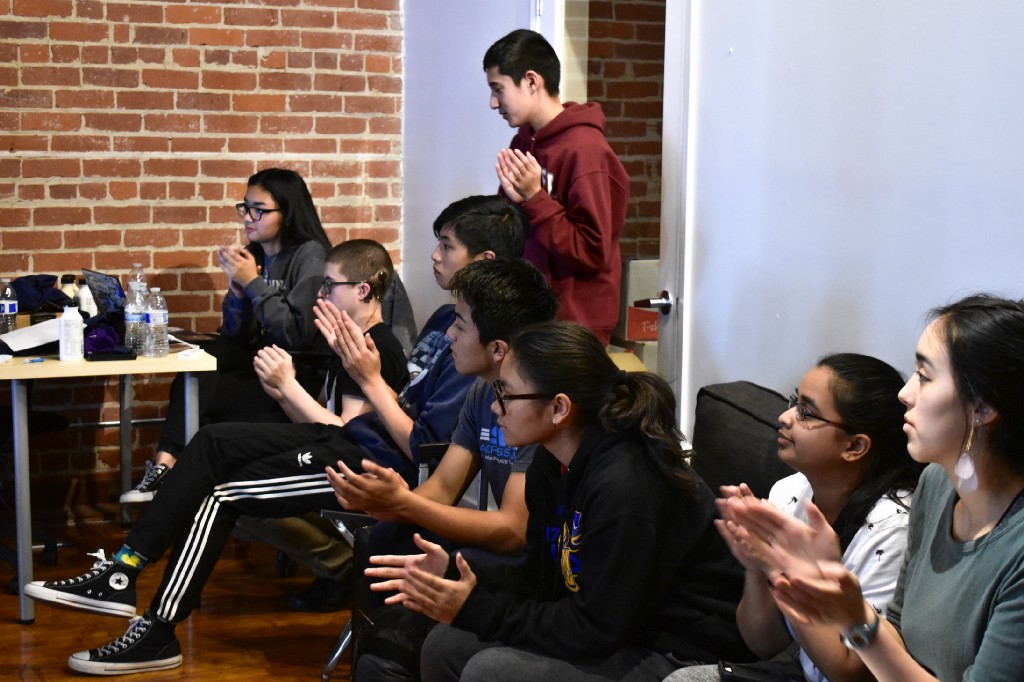
After a finger-tapping “drumroll” was initiated by the judges, the top four teams were announced. The first-place prize, Amazon Echo Dots for each member, went to the team behind “Run To Your Beat,” a website designed to generate Spotify music playlists with rhythms matching a runner’s pace. The program works by calculating an optimal music tempo using the user’s inputted step count after 30 seconds of running.
The winning team said the key to their success was using their time to collaborate with other teams rather than compete against others. “Obviously there’s a winner but it was a lot cooler to see everyone else’s ideas and work with them,” said sophomore Anya Sanghal, who worked on the first-place website.
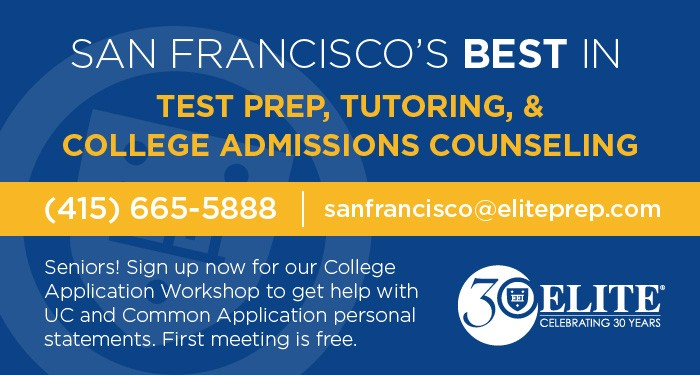
Collaborating with other techies was a large part of the hackathon, but many attendees find it hard to come by outside of school. While San Francisco is the birthplace of countless tech startups, the organizers of Hack the Fog find that teens here don’t encounter many opportunities to meet other students pursuing a career in the tech industry. To them, Hack the Fog was a place for students to forge connections within the industry and meet like-minded teenagers. “When you go to hackathons, you say, ‘Wow, there’s a whole world and community of people that are as interested in tech as I am,’” Barkalov said.
Together, the Hack the Fog student organizers want to empower other teens and inspire the next tech generation to be innovative.The seven Lowellites have one message for anybody interested in code: “Just do it.”



